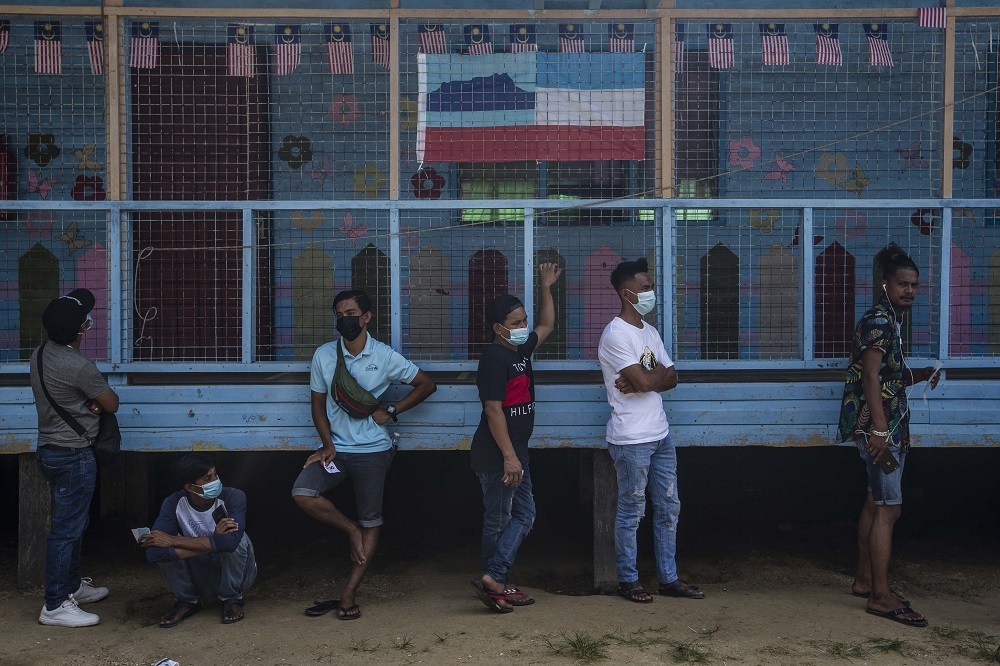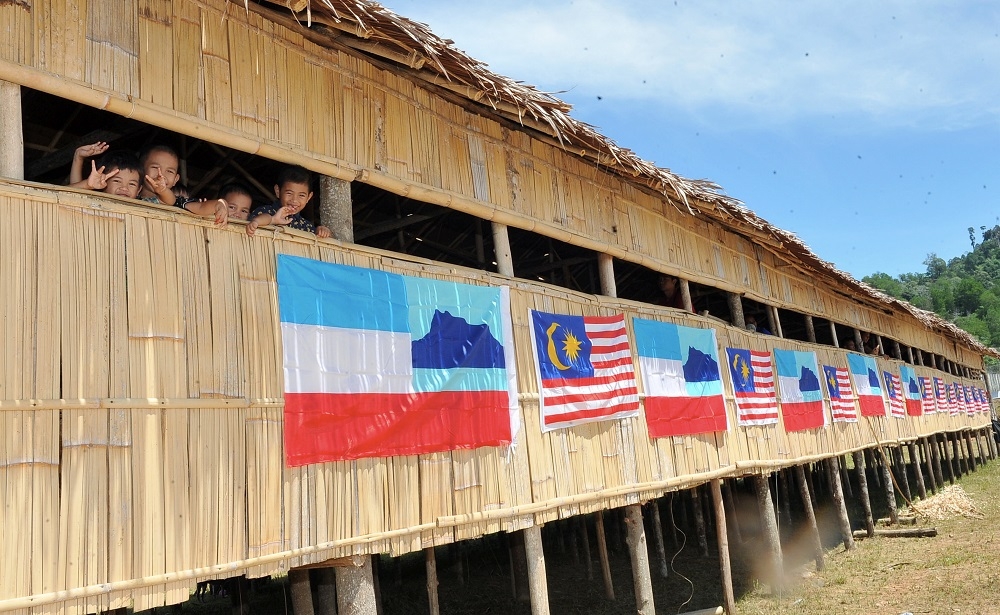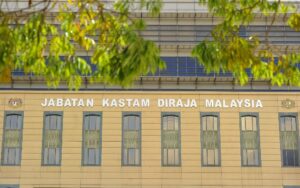KUALA LUMPUR, Nov 12 — Why did the High Court decide that Sabah has the right to get paid 40 per cent of the revenue it contributes to Malaysia every year?
It all stems from a court case initiated by the Sabah Law Society (SLS) — the professional body for Sabah’s lawyers — to make sure the federal government pays what it owes to Sabah during the “Lost Years”.
Below is a quick summary based on High Court judge Datuk Celestina Stuel Galid’s 109-page written judgment released last Friday:
What is Sabah’s 40 per cent entitlement?
The court case focuses mainly on the Federal Constitution’s two provisions:
1. Article 112C — Malaysia is required to pay a “special grant” each year to Sabah — 40 per cent of what it contributes to the federal government’s revenue.
Based on the Federal Constitution’s Tenth Schedule, this is a very simplified version of how the formula works:
If A = what Sabah contributed this year to the federal revenue, and B = what Sabah contributed in 1963 to the federal revenue.
Then the amount Sabah would get back every year = 40 per cent x (A-B).
The Tenth Schedule actually specifies “two-fifths”, which is equivalent to 40 per cent so 40 per cent is specified in the Federal Constitution.
2. Article 112D — This states that the federal government and Sabah government shall periodically review the special grant amount to be paid to Sabah.
Where did the 40 per cent number come from?
Citing past court decisions, the High Court said it must refer to historical facts and constitutional foundation documents when interpreting the Federal Constitution.
These documents are the Cobbold Commission’s 1962 report, the Inter-Governmental Committee (IGC) Report in 1963, the Malaysia Agreement 1963 (MA63) and the Malaysia Act.
The IGC Report recommended the Constitution be amended to include the “special grant” to Sabah, and also states the figure of 40 per cent.
The MA63 — which is an international treaty registered with the United Nations — promised that Sabah would have the right to the 40 per cent entitlement and also promised that the Malaysia Act would be enacted.
The enacted Malaysia Act includes the duty to pay the 40 per cent entitlement, and the Federal Constitution was later amended to also state this 40 per cent entitlement.

The High Court looked at historical documents, including when Sabah (then North Borneo), Sarawak and Peninsular Malaysia (then Malaya) agreed to form Malaysia together in 1963. — Picture by Firdaus Latif
And what are Sabah’s “Lost Years”?
The federal government paid Sabah’s 40 per cent entitlement from 1964 to 1968, and in 1970 made its first review order to state the amounts to be paid to Sabah from 1969 to 1973.
Under Article 112D, a review of the amount should be periodically carried out, with each review to cover the next five years.
But the reviews did not happen during the years 1974 to 2021, which both the High Court and the SLS described as the “Lost Years”.
The federal government paid Sabah RM26.7 million in 1973, and just continued paying the same amount every year from 1974 to 2021.
In court, SLS argued this meant Sabah did not receive its 40 per cent entitled during the 48 years (“Lost Years”), and that the federal government took 100 per cent of the revenue it derived from Sabah during this period.
The second review order was only made in 2022
Why filing the Sabah court challenge in 2022 is okay
On June 9, 2022, SLS filed its court challenge against Malaysia’s federal government as the first respondent. The Sabah state government later became part of the court case as the second respondent.
The federal government objected to the court challenge by arguing that SLS had delayed in bringing the matter covering the years 1974 to 2021 to court.
But the High Court said SLS had filed its June 2022 court case within the legally-allowed timeframe, as SLS was challenging the second review order dated April 20, 2022.
The High Court had only heard this court case in July and delivered its decision last month, as the courts previously had to deal with other preliminary issues in this case first.
What the High Court ordered
The High Court granted all the court orders that SLS asked for, including :
1. A declaration, which among other things, declares:
The federal government breached its constitutional duty under Article 112D by failing to hold the second review in 1974;
The federal government still has to pay the 40 per cent entitlement to Sabah for each financial year from 1974 to 2021;
Failure to pay this from 1974 to 2021 breaches Sabah’s right to property and the people of Sabah’s right to life under the Federal Constitution’s Article 13 and 5.
2. A mandamus order: The federal government must hold another review with the Sabah state government to give effect to Sabah’s 40 per cent entitlement under the Federal Constitution for each financial year from 1974 to 2021. This review must be held within 90 days and an agreement must be reached within 180 days from this court order.
3. A certiorari order: To quash the parts of the second, third and fourth review orders (these review orders gazetted in 2022, 2023, August 2025 stated the amounts that Sabah would receive) which omitted the federal government’s duty to review the special grant for the years 1974 to 2021.
What’s next
The federal government yesterday decided not to appeal the Kota Kinabalu High Court’s ruling affirming Sabah’s constitutional right to 40 per cent of federal revenue collected from the state, but will challenge parts of the judgment it says contain “defects” and inaccurate claims.
In a statement, the Attorney General’s Chambers (AGC) said the government accepts the constitutional basis of the entitlement and will begin negotiations with the Sabah government “urgently” to implement it.
However, the AGC said it will file an appeal limited to correcting portions of the written judgment that allege both the federal and Sabah governments “abused their powers and breached constitutional duties” since 1974, and that the 2021 Special Grant review was “unlawful, irrational, procedurally flawed and disproportionate”.
The decision followed a special Cabinet meeting yesterday to discuss the ruling






